- Popular Post

nongai
-
Posts
265 -
Joined
-
Last visited
Content Type
Profiles
Forums
Downloads
Posts posted by nongai
-
-
Great discussion going on here guys....

I happened to look at this thread on three different monitors yesterday, each looked slightly different just because of the way the screens are calibrated.... I think everyone adjusts to their own preference (some may never calibrate!)
It can make a difference to what we the actually viewer sees especially the finer details or light and dark!
I did fiddle with some HDR a while back, often found with the "free programs" at least (Chrome) that it was limited adjustment factors... Sometimes the sky became over dramatic...
I think this was better without the HDR effect. I can't find the original at the moment!

I like this image... how did you achieve it?
-
Ideas about this? I like the colours and detail in the HDR image, but it is a pity the early morning low-flying clouds have been made more transparent losing some of their mood ?


-
Have pity on the guy too. He has commited the most heinous act of killing a mother or father which results in going to the deepest hell realm for an aeon (billions of years).
-
well... it looks like the engineers have made it worse instead of better! Now the photo uploaded to the forum is even smaller than before.
-
-
-
-
-
-
-
- Popular Post
- Popular Post
-
- Popular Post
- Popular Post
Now this is going to be tricky ... how to throw this without also throwing myself off this tube!!
No.... this isn't a 'beautiful belly button contest' ... we were sharing out a large bag of rubber bands for them to play with and the best place to put them was in the front of their shirts... and after they made some ropes with them we had great fun jumping.
-
 6
6
-
Now I really am confused! Is this not the post number here:?

Weird it should show different numbers... I think we should give up on this one!
We are still waiting on Tech guys to come up with an answer to the image size problem... they seem to be stumped!

This was the image I was refering too!

OK let's carry one then!

not fair... yours is bigger then mine... you must link to an image external and not upload to TV?
-
 2
2
-
-
-
- Popular Post
- Popular Post
-
-
Pomacea canaliculata - Wikipedia, the free encyclopedia
I heard that after bad advice the royals introduced these as food but they eat the rice and few eat the snails.
-
I notice that all uploaded images get reduced in size so they don't even fill the page, but some posters images are bigger??? .......clicking on a photo gives the option to download but even that isn't the uploaded size?
-
- Popular Post
- Popular Post
-
- Popular Post
- Popular Post
-

Mountain Area near Chiang Mai

Akha Village Home
Both beautiful, sharp, colourful images... a fine camera I'm sure. But I would not call that an Akha home, or even house. A home is lived in but this looks like a tourist set-up and is not in the traditional Akha style. A nice bamboo and thatch house though. where is it?
-
 1
1
-
-
I have known several foreign monks here. A temple such as Wat Pa Nanachart is best for them. Those who stay at Thai temples mostly end up disrobing, whether they speak Thai or not. This is because, although the Thai lay people enjoy seeing foreign monks because they are more devout than Thai monks (because they have usually converted from another religion and therefore studied Buddhism), the Thai monks in general do not like foreign monks. They become jealous of the knowledge and experience of life in general and in other countries. They like to pretend that they know more about Buddhism just because they are born Thai and therefore born Buddhist, but usually the foreigner knows more because they have studied and also practice. The foreign monk is a thorn in the side of those Thai monks who only ordained for an easy time and do not practice, because it is a constant reminder of their own failings.
I would hazard a guess that only 5% of Thai monks practice. Foreign monks get disillusioned by the corruption and business of Thai monks and temples.
-
For some reason I can't quote Cameratas post but it's a good one (dealing with the how some rules came not fr9m criticism of the laity but ...)
There are alot of views on how some of the rules are antiquated, unnecessary etc., that I've heard for years. A trick to see why they're in place is just to observe the monk who doesn't follow that rule or take on that rule yourself.
The training rules nfor example - slurping or smacking the lips when drinking or eating - if you observe the monks who don't practice this vs the ones who do you'll normally observe the ones who do are more presentable and refined. It's like a set of fine tuners on a violin. (Kind of like when the laypeople prepare snails and provide a bowl of toothpicks to consume them - the monks sucking the life out of the shell versus the ones who neatly use the toothpick and the least amount of effort).
It seems like a mountain out of a molehill but to those confused or doubtful - try it out for a while. Times change but people are still people. If anyone has access to the tipitika one will see not.much has changed in people's behavior in correlation to the rules formulated.
Isn't this the reason for Buddhism ? No one is perfect. Not even God. Even God could made the mistake on his own creations, such that they sinned. That's why Creator God Brahma summoned the Buddha to teach. Maybe that also explained the belief that Buddha taught the Gods and deities too.
The great Brahma believes himself to be the creator of all, but is put straight by the Buddha, since he is really just stuck in Samsara like all the other beings.
"MAHA BRAHMA
The stories of a Buddha going to teach a brahma take place on the plane of Maha Brahma, the third of the fine-material planes (No. 14). Many people worship Maha Brahma as the supreme and eternal creator God, but for the Buddha he is merely a powerful deity still caught within the cycle of repeated existence. In point of fact, "Maha Brahma" is a role or office filled by different individuals at different periods.The Buddha has directly seen the origins of Maha Brahma and understands what it requires to be reborn in his world. In the Brahmajala Sutta (DN 1) the Buddha describes how a supposed Creator God came to believe himself omnipotent and how others came to rely on his sovereignty. His description was based, not on speculation or hearsay, but on his own direct knowledge. The Buddha explains that when our world system disintegrates, as it regularly does after extremely long periods of time, the lower sixteen planes are all destroyed. Beings disappear from all planes below the seventeenth, the plane of the Abhassara gods. Whatever beings cannot be born on the seventeenth or a higher brahma plane then must take birth on the lower planes in other remote world systems.Eventually the world starts to re-form. Then a solitary being passes away from the Abhassara plane and takes rebirth on the plane of Maha Brahma. A palace created by his kamma awaits him there: "There he dwells, mind-made, feeding on rapture, self-luminous, moving through the air, abiding in glory. And he continues thus for a long, long time." After ages pass, he becomes lonely and longs for other beings to join him. It just so happens that shortly after the brahma starts craving for company, other beings from the Abhassara plane, who have exhausted their lifespans there, pass away and are reborn in the palace of Brahma, in companionship with him.Because these beings seemed to arise in accordance with the first brahma's wish, he becomes convinced that he is the almighty God: "I am the Great Brahma, the Vanquisher... the Lord, the Maker and Creator, the Supreme Being." The other brahmas, seeing that he was already present when they took birth in his world, accept his claim and revere him as their creator.Eventually this misconception of a Creator God spreads to the human plane. One of the other brahmas passes away and is reborn here. He develops concentration and learns to recollect his previous life with Maha Brahma, but none of his lives before that. Recollecting that existence he recalls that Maha Brahma was considered the "father of all that are and are to be... permanent, stable, eternal." As he is unable to remember further back, he believes this to be absolute truth and propounds a theistic doctrine of an omnipotent Creator God (Net 69-70, 155-66).The Venerable Ledi Sayadaw, a highly renowned Myanmar scholar-monk of the first part of this century, gave a careful analysis of the powers of Maha Brahma in his Niyama Dipani (MB pp. 138-39). He states that although Maha Brahma can perform all sorts of transformations, he cannot actually create independent creatures, change the kammic law of cause and effect, or keep anyone from growing old or dying. Brahma can use his special powers to transport a man to the brahma plane for a short visit, but he cannot ensure that someone will be reborn there."Brahmajāla Sutta: The All-embracing Net of ViewsAyacana Sutta: The RequestThe Thirty-one Planes of ExistenceTeacher of the DevasItivuttaka: This Was Said by the Buddha -
No matter what the core teachings say about the Buddha's initial impression of the potential for success in teaching I couldn't believe an idea that subtle would have ever been accurately communicated, or retained for 2500 years across a stretch of oral tradition if it had been.
It's possible to completely accept different teachings literally and completely, since there are passages to go on, some very specific, but it makes sense to me to learn as broadly as possible and then put it all together. It seems clear enough to me that the earliest teachings tend to contradict each other, especially related to what is implied versus stated explicitly, although why that might be is debatable, or even if that's actually true.
Someone would really need to be fluent in Pali to read the Pali canon directly, with limited access through translations, and given the limited number of people that study that language now almost no one would have a very informed opinion. I know the head of a Buddhist university program here that may have spent his life on such a project but I'd expect that as a monk he would be biased about the content, so it would be hard to accept his interpretation and opinion as objective. We never discussed the subject so I'm not sure to what extent he ever did learn Pali.
Hi Honu,
I've just discovered an informative analysis of the situation at:
https://www.academia.edu/2514515/Why_Did_Brahm%C4%81_Ask_the_Buddha_to_Teach
There are a number of different implications to the story which are mentioned in the article, but the overall conclusion is:
"The episode of Brahmā’s request to the Buddha to teach has been regarded as problematic from early times, since it suggests that the Buddha was initially lacking in compassion. Comparison of versions of the story shows it to be possibly pre-Aśokan in origin. A close reading of themes in the episode, in relation to other incidents in the Buddha’s life described in the Pali canon, show that it need not be taken as portraying an actual experience of theBuddha. The original purpose of the episode was not to describe the Buddha’s inner conflict but to show that Brahmā, representative of Brahmanical religion, was a follower of the Buddha. The episode was originally religious propaganda."
I find it interesting that Brahma describes himself as: 'I am great Brahma, conqueror, unconquered, all-seeing, all-powerful, lord, maker, creator, chief, appointer, orderer, father of all that are and will be', yet Buddha seems to have dismissed questions about a creator God in his teachings, and here is one of the earliest stories in the Buddhist literature, relating how this 'creator god' of Hindu mythology advised Gautama to teach the Dhamma. It seems a bit contradictory.
Perhaps the Buddha did not really need to be asked by a creator god to teach his own methods, but a celebrity endorsement might have been helpful.

It is a part of the process which every single Buddha goes through. After perfecting themselves as Boddhisattas for aeons they are always born into high nobllity, they always have two principal followers, they always seek the truth after meeting 'The Four Signs', they always attain enlightenment sitting under a tree (but not the same species). They always have doubts, that the profound truth they have just uncovered during their enlightenment could be penetrated and understood by ordinary humans (they themselves being far from ordinary because of their vast experience training themselves as Boddhisattas). They are all entreated three times by the current Brahma to teach because, they are reminded, that there are some with 'little dust in front of their eyes who could understand'. Theravada Buddhist rules for a monk are a follow on from this, in that a monk can only teach the Dhamma after being requested to. This prevents any proselytising and going as missionaries seeking converts. 'When the student is ready the teacher will appear.'
.png.3b3332cc2256ad0edbc2fe9404feeef0.png)




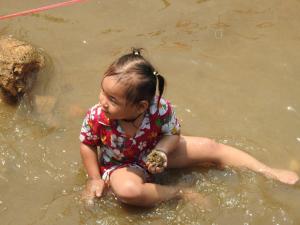
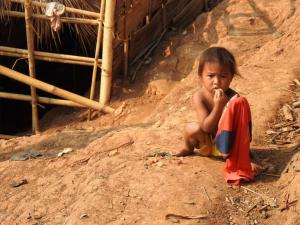

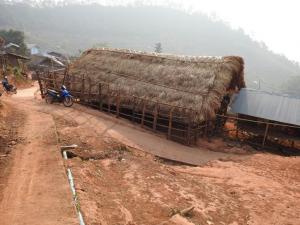

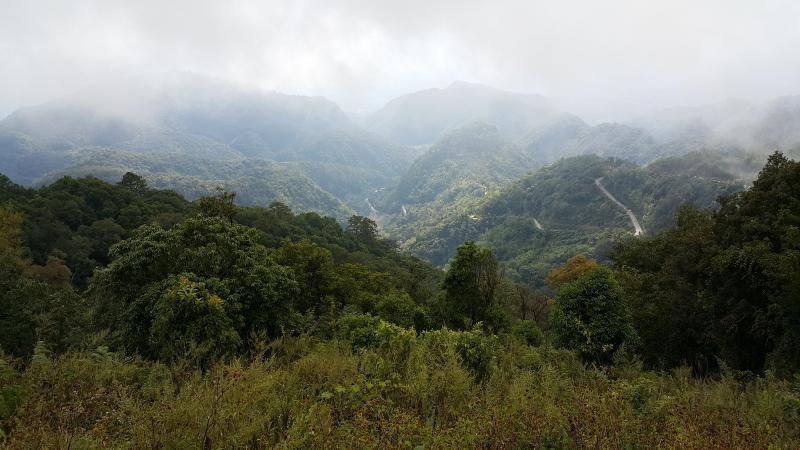
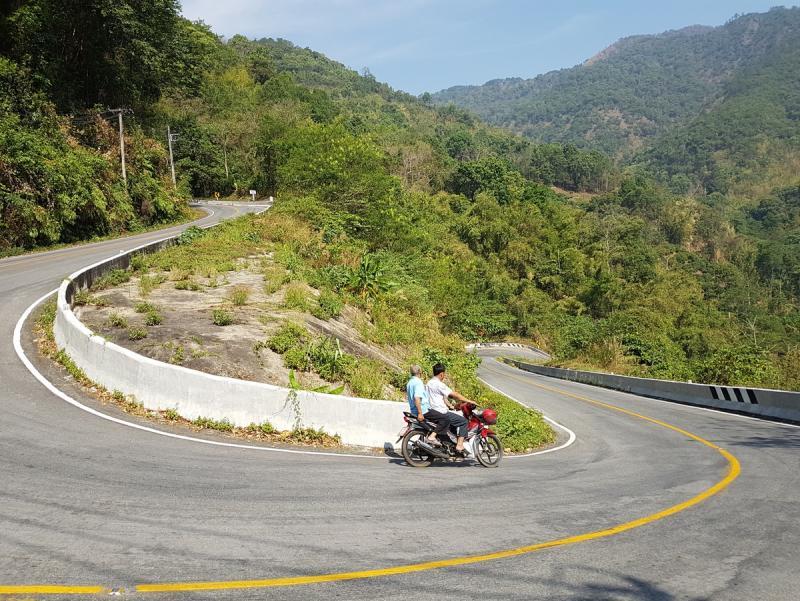
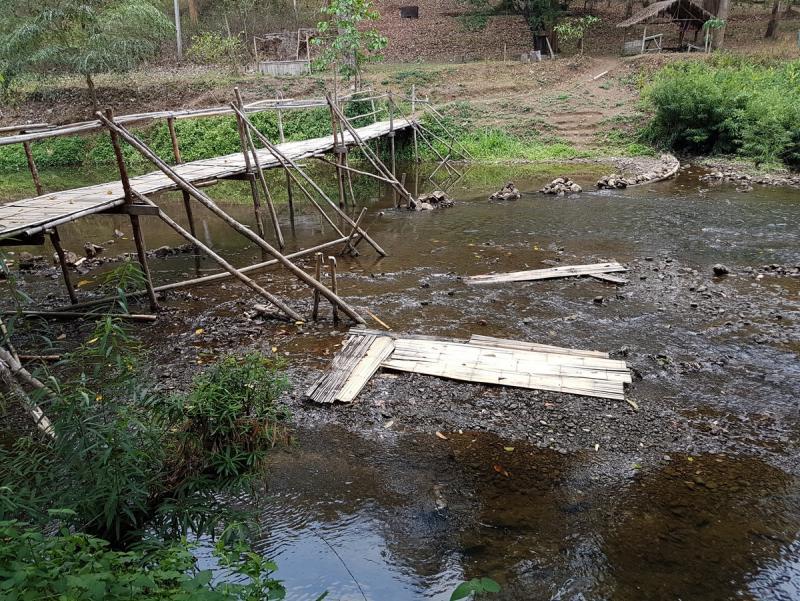
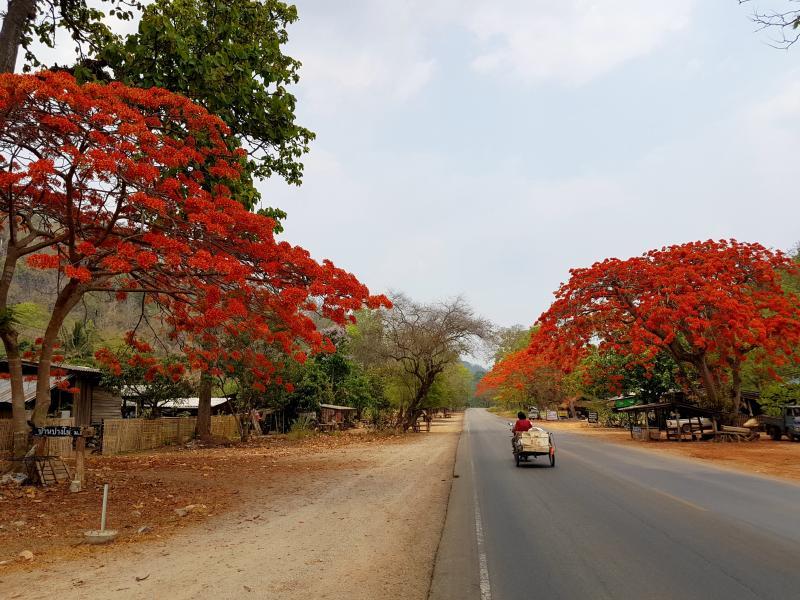
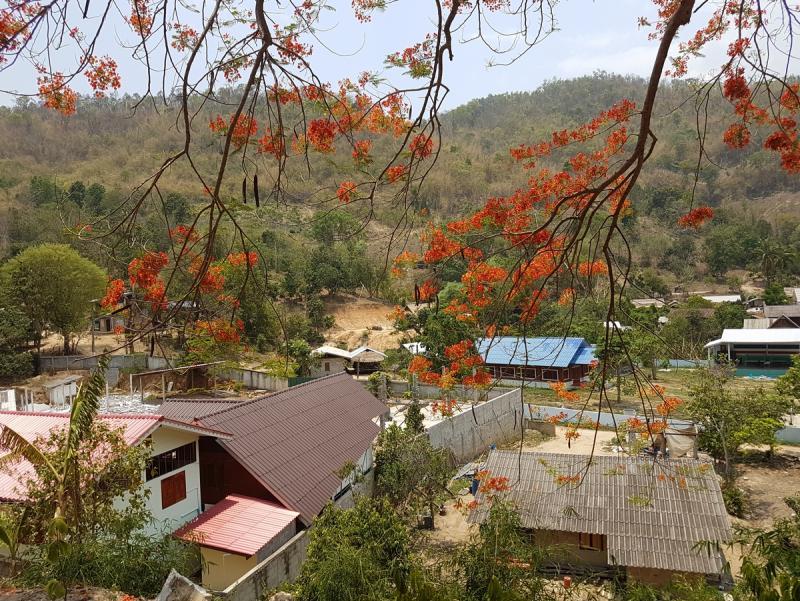
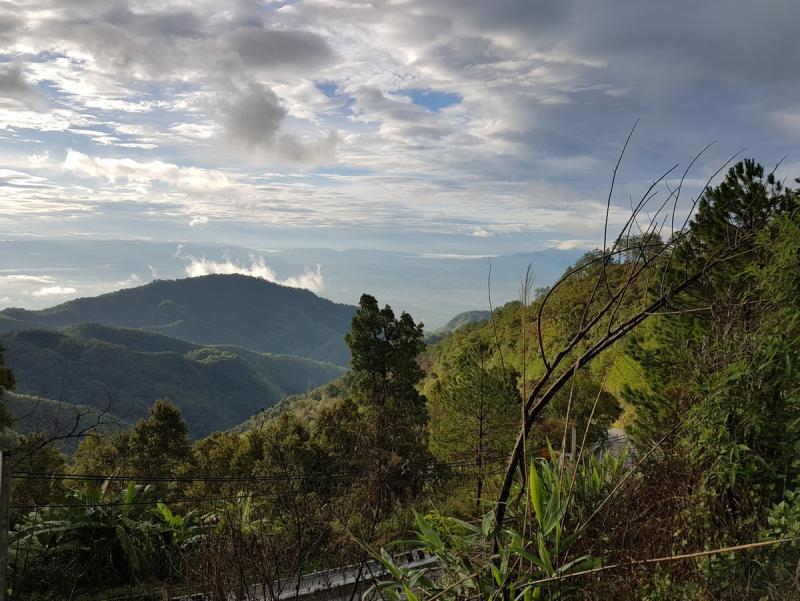
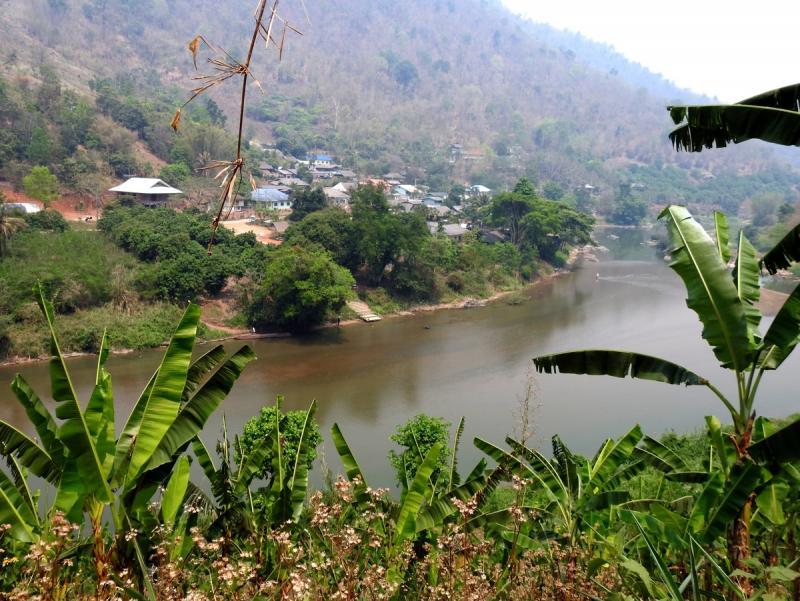
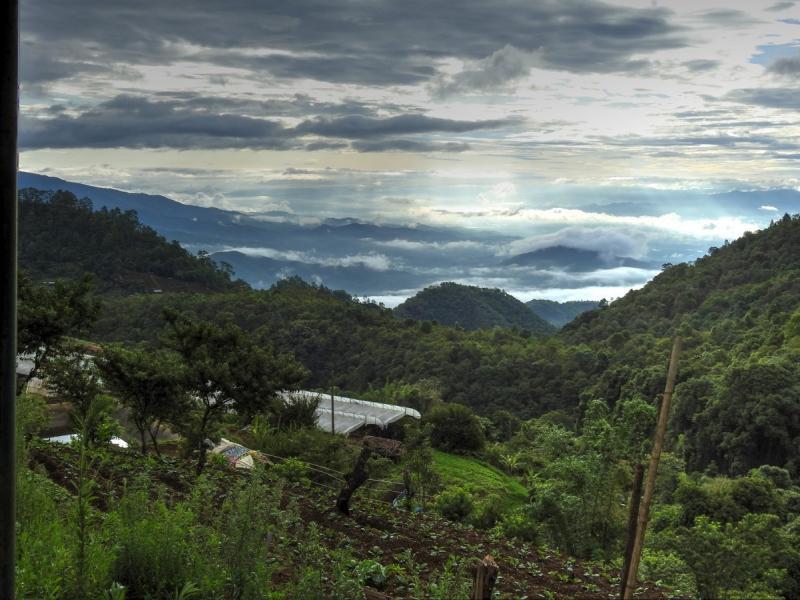
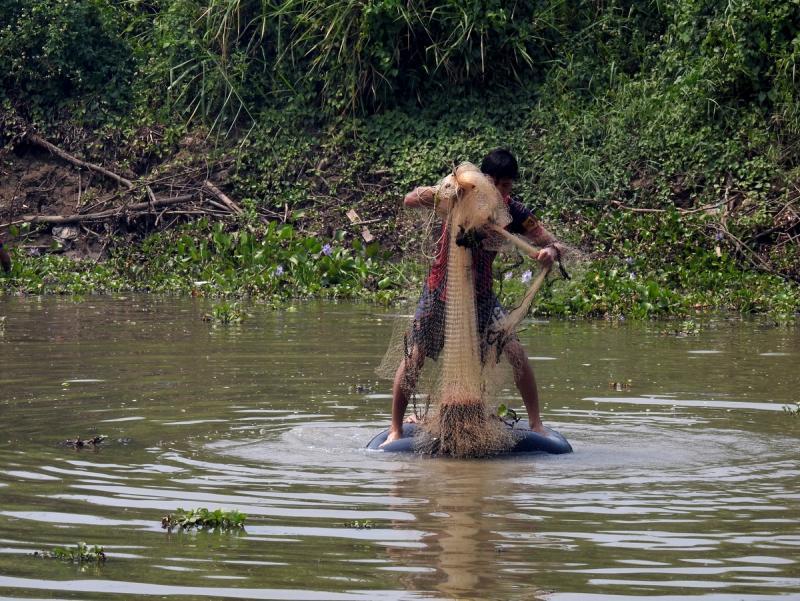
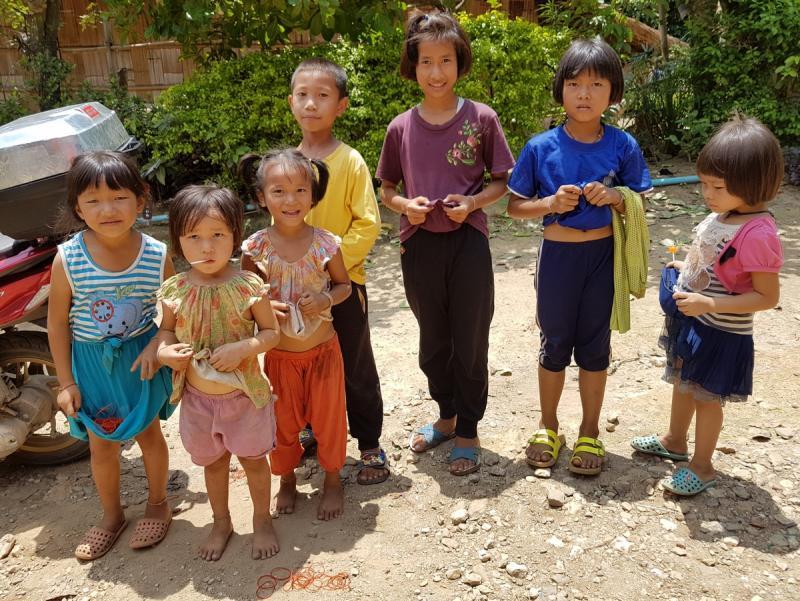


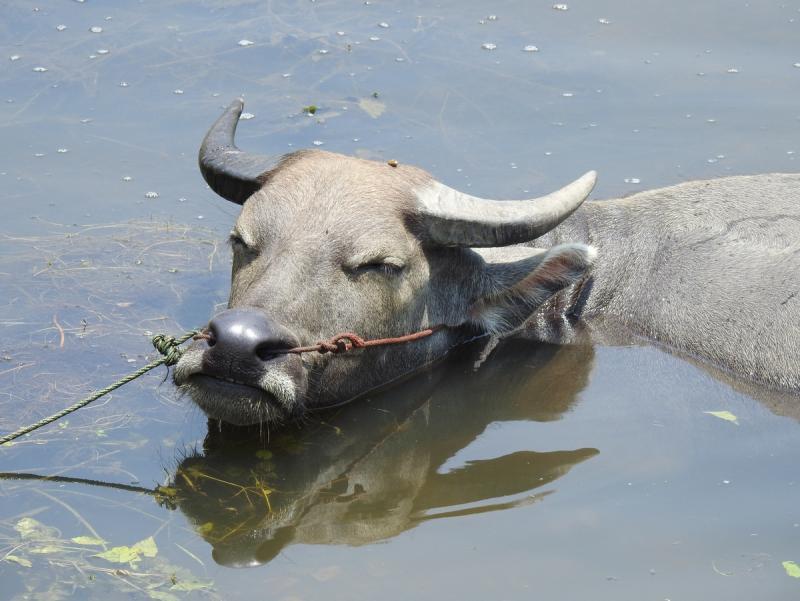

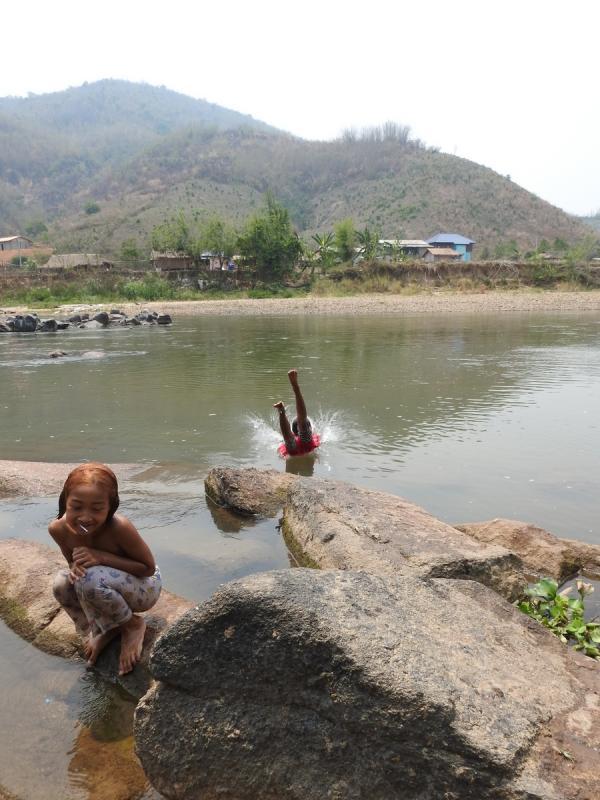
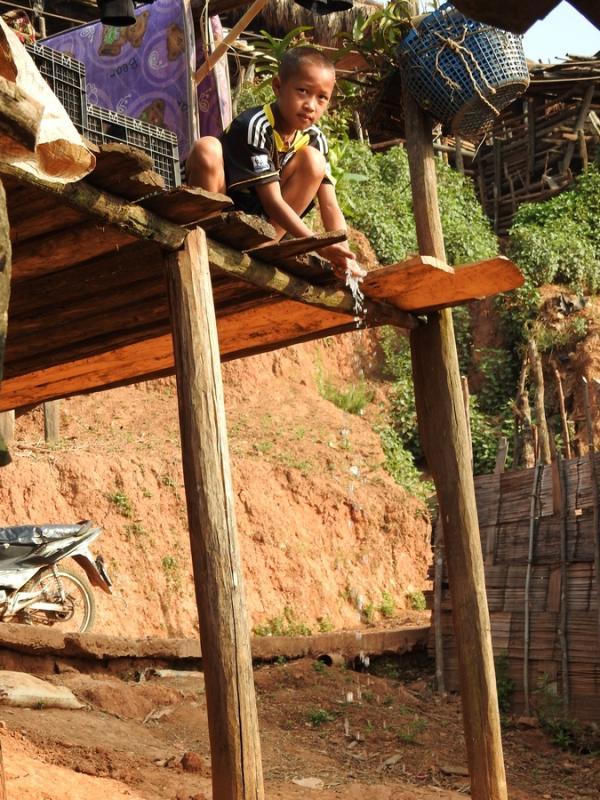
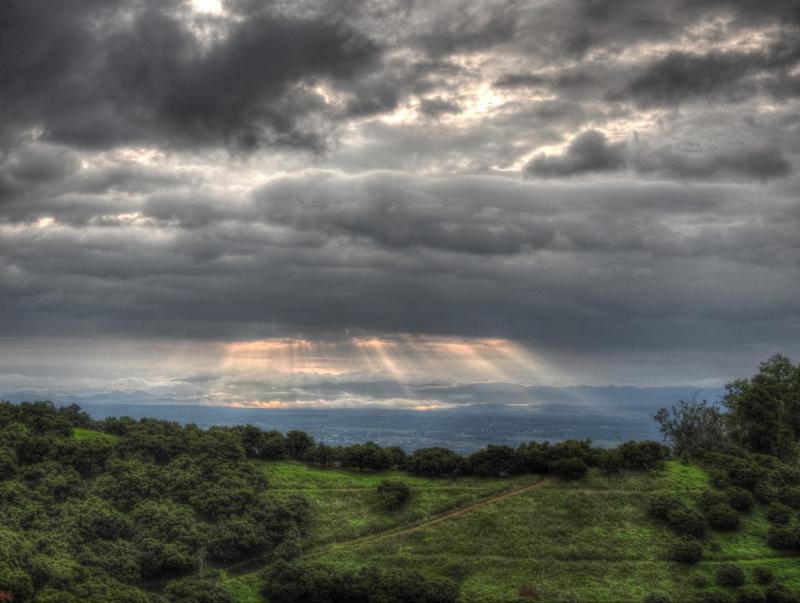
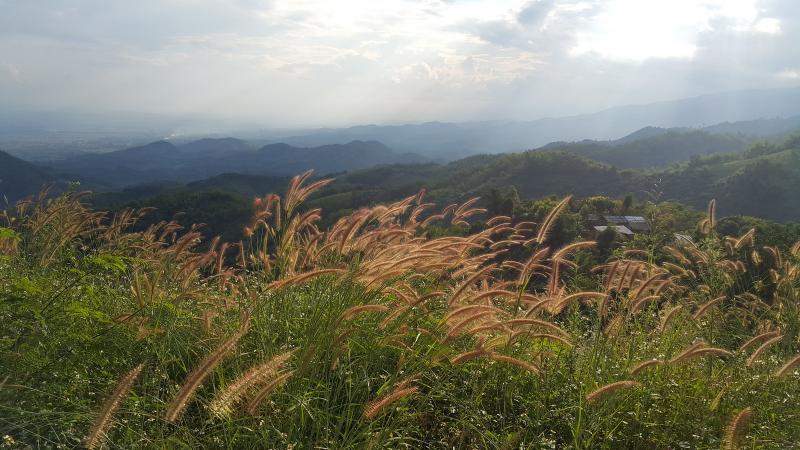
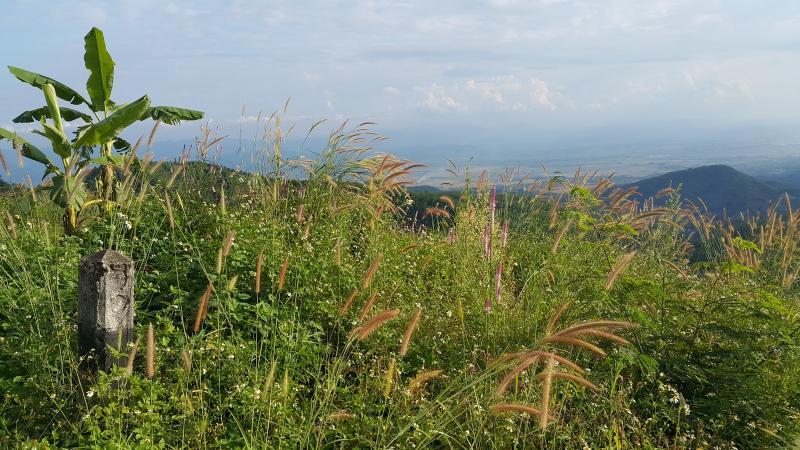
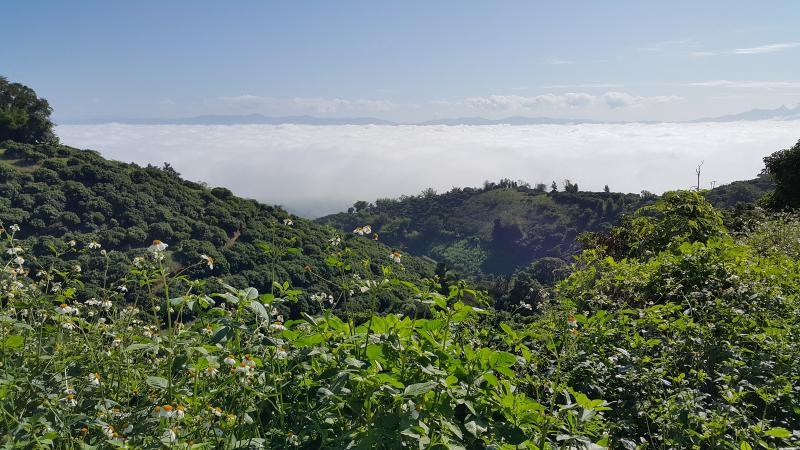
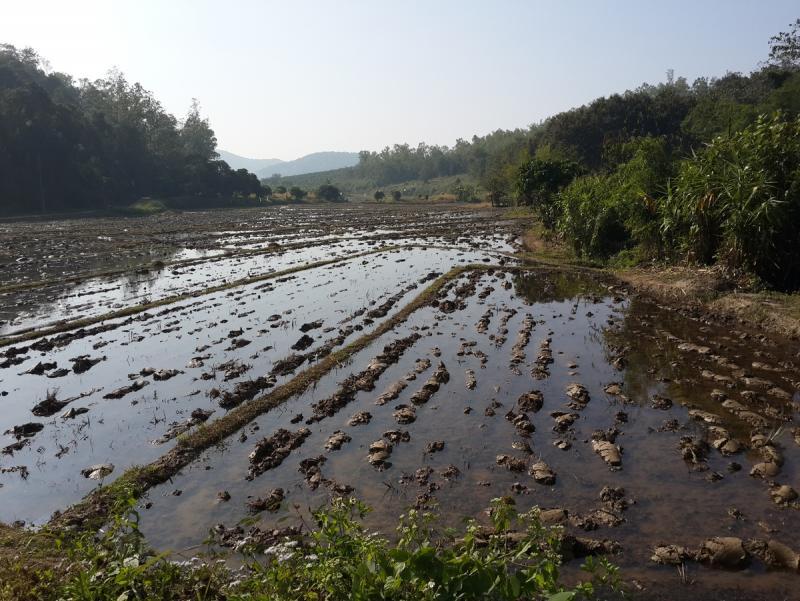
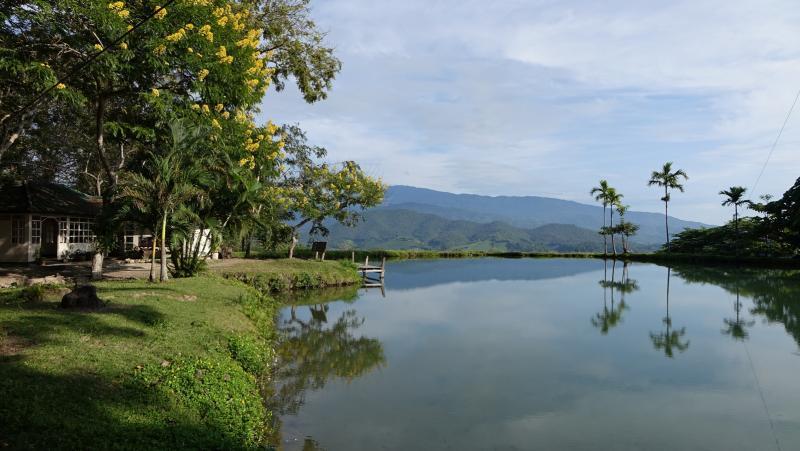


Sunsets And Sunrises
in Photography and the Arts
Posted
No sun today